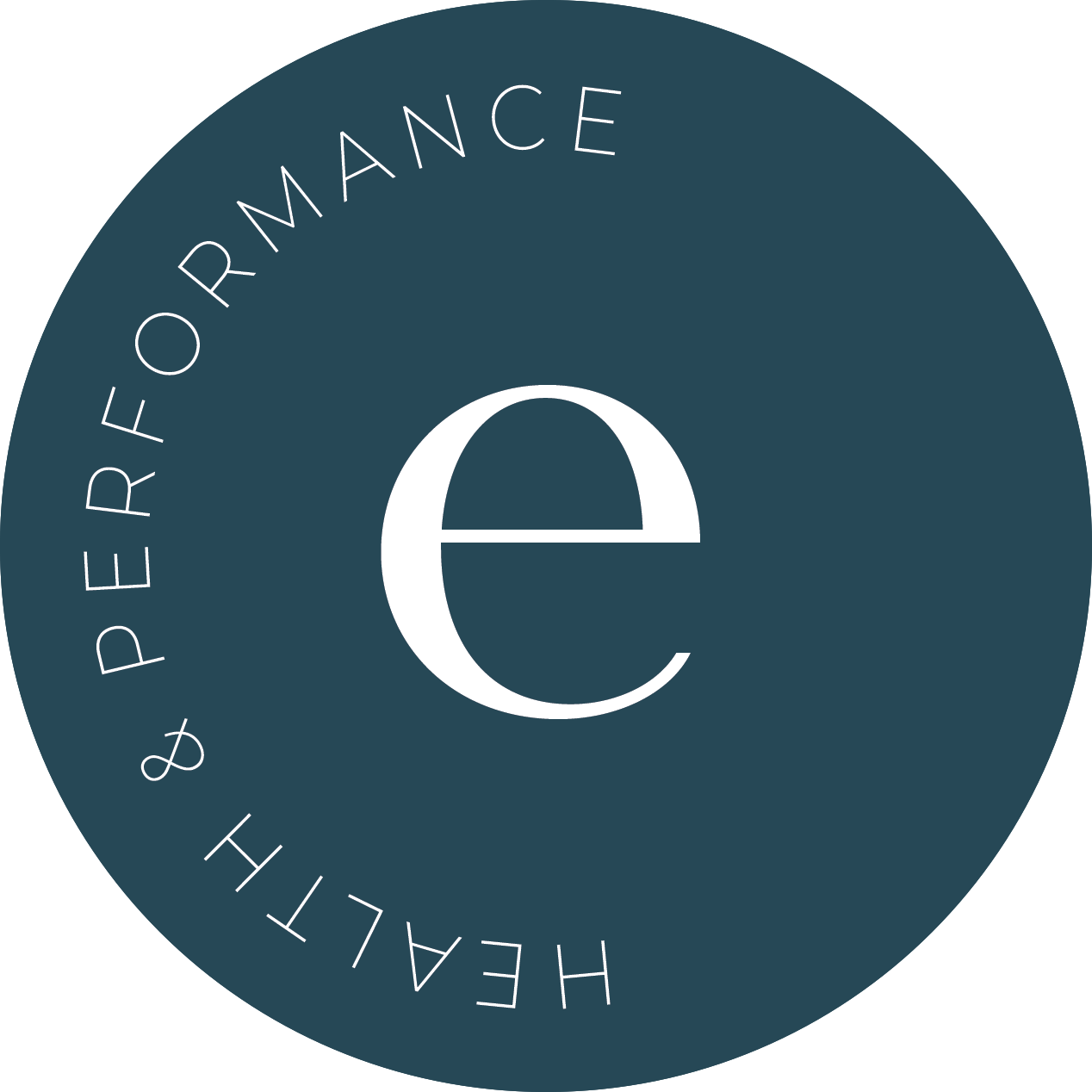The body is more effective at calming the mind, than the mind is at calming the body.
"Wellness is not a state of being—it’s a state of action. It is the freedom to oscillate through the cycles of being human. Real-world wellness is messy, complicated, and not always accessible. If you sometimes feel overwhelmed and exhausted, that doesn’t mean you’re doing it wrong; it just means you’re moving through the process. Grant your body permission to be imperfect and listen to your own experience."
- Drs. Amelia and Emily Nagoski from their book, "Burnout."
During one of my (Laura) recent dog walks, I tuned in to Dr. Rangan Chatterjee's podcast interview with Dr. Russell Kennedy on the topic of anxiety. Dr. Kennedy argues that anxiety should not be viewed as a disorder of the mind, and he questions the effectiveness of modern therapies like medication and Cognitive Behavioral Therapy (CBT) in the long run, as they often fail to address the underlying root cause of anxiety. Instead, he advocates for somatic practices, where we explore and identify the physical manifestations of anxiety in our bodies and use this awareness as a starting point for healing.
This perspective is not entirely new, and those interested in delving deeper into the subject may find "The Body Keeps the Score" by Bessel van der Kolk an excellent resource to gain more insight.
This got me thinking about a new client. An older person with an otherwise unremarkable physical and mental health history.
A change in health status resulted in majorly disruptive symptoms. Balance, sleep, concentration, memory... all shot. They became reliant on others to support them. With the expert support of an occupational therapist and neuro physiotherapist, they have had an almost perfect recovery.
So why am I involved? Anxiety, insomnia and panic. In short, an existential crisis. "For the first time I saw what getting old looks like", they told me, distraught in the second session.
For someone who has worked in a highly intellectual and exacting profession their whole life, the lack of access to their cognitive function through this health event has been incredibly destablilising. What's more, once their memory returned, they still could not "fix" the anxiety, dread and panic with their normally effectual mind.
And there's a good reason for this. When we operate from high levels of anxiety and panic, our cortex is largely off line. As humans, we are naturally problem solving and meaning making machines. But anxiety plays a different game.
So we are working on using the body to calm the brain when anxiety comes along. What does that look like?
🧠 This person does not like sitting still doing breathing exercise, finding they get short of breath. Solution: walk slowly down the hallway, breathe in for two steps, out for three (we'll slow it down more as they feel comfortable).
🧠 When they wake in panic in the night they tend to go outside and do something physical, sustaining poor sleep and feeding into the anxiety cycle. Instead, we're trying the walking trick but using a fast paced walk to start with which they can gradually slow down as their breathing rate drops. Then try hop back in bed.
There are many more things we can add in to calm anxiety through the body. But for someone who feels psychology is a little "woo-woo" and a "grey science", we're just going to hang here for the time being.
What ways do you stay in your body when your anxiety alarm has been set off?
~ Laura


